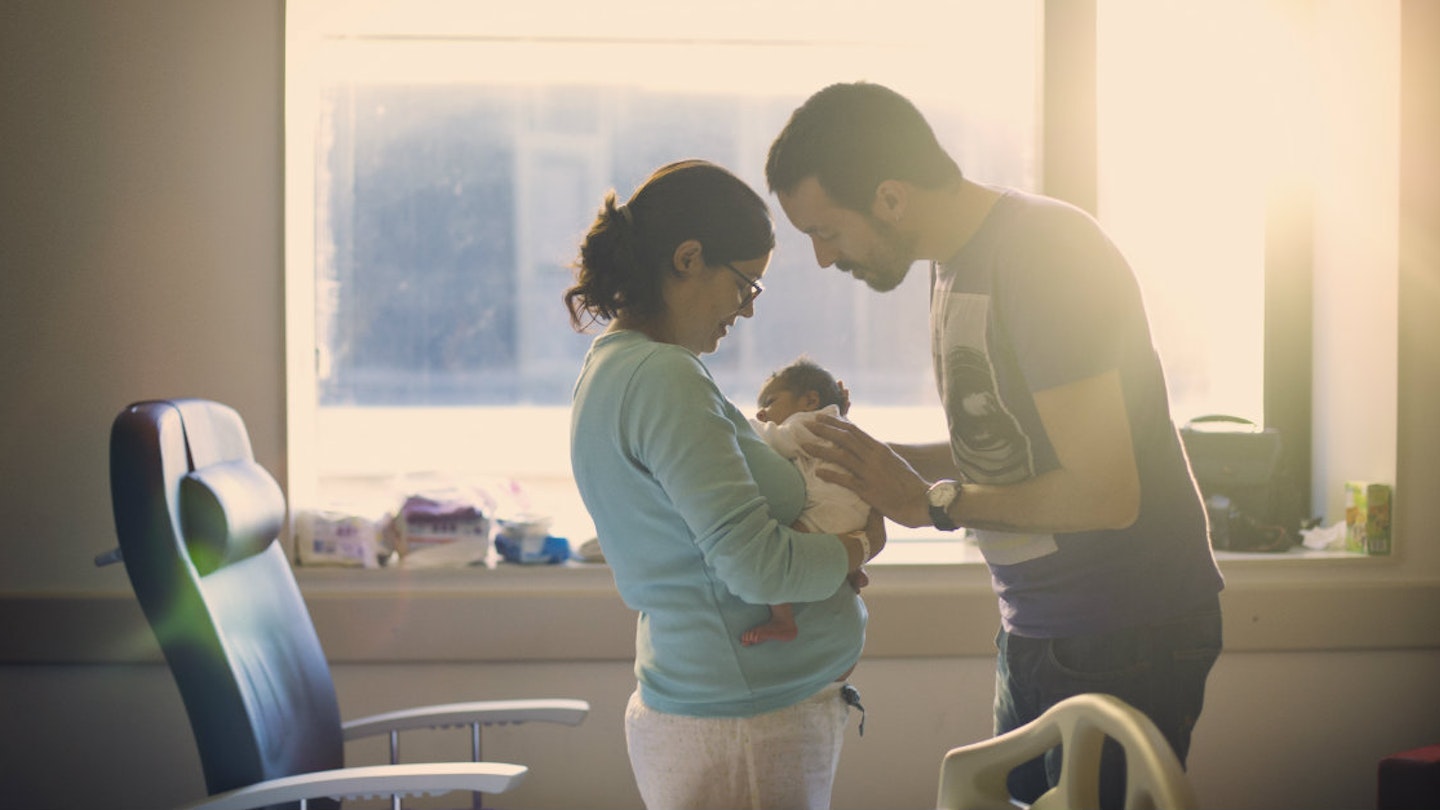Controversial three-baby IVF has finally been given the red light by the Human Fertilisation and Embryology Authority - meaning that the first three-parent baby could be born in the UK in 2017.
It has been two years since parliament voted to legalise the procedure, known as mitochondrial replacement therapy (MRT), and now regulators in the UK have approved of the controversial fertility treatment.
The treatment will be offered to women with mutations in their mitochondrial DNA to allow them to have healthy babies. Currently one in 4,300 children are born with mitochondrial disease, which causes problems such as poor growth, muscle weakness, visual problems, hearing problems, learning disabilities, heart disease, liver disease, and often results in early death.
The treatment works by using a tiny amount of DNA from a female donor, alongside that of the mother and father - meaning that biologically the child has three-parents.
Scientists at the University of Newcastle who developed the treatment have revealed women are already lining up for the unique procedure, and that they'll be ready to offer MRT from spring next year.
Doug Turnball, director of the WEllcome Centre for Mitochondrial Research at Newcastle University revealed the team aims to treat 25 women a year with NHS funding.

The Human Fertilisation and Embryology Authority (HFEA) also confirmed that they're accepting applications from clinic who want to offer their patients the therapy, and that Newcastle upon Tyne NHS Foundation Trust are expected to be one of the first clincis to apply for a licence.
Sally Cheshire, chair of the HFEA commented: "[This] historic decision means that parents at very high risk of having children with a life-threatening mitochondrial disease may soon have the chance of a healthy, genetically-related child.
"This is life-changing for those families. We feel now is the right time to carefully introduce this new treatment in the limited circumstances recommended by the panel."
What are your thoughts on the treatment? Is this progress or a scientific step too far? Let us know on Facebook or Twitter (@CloserOnline).
